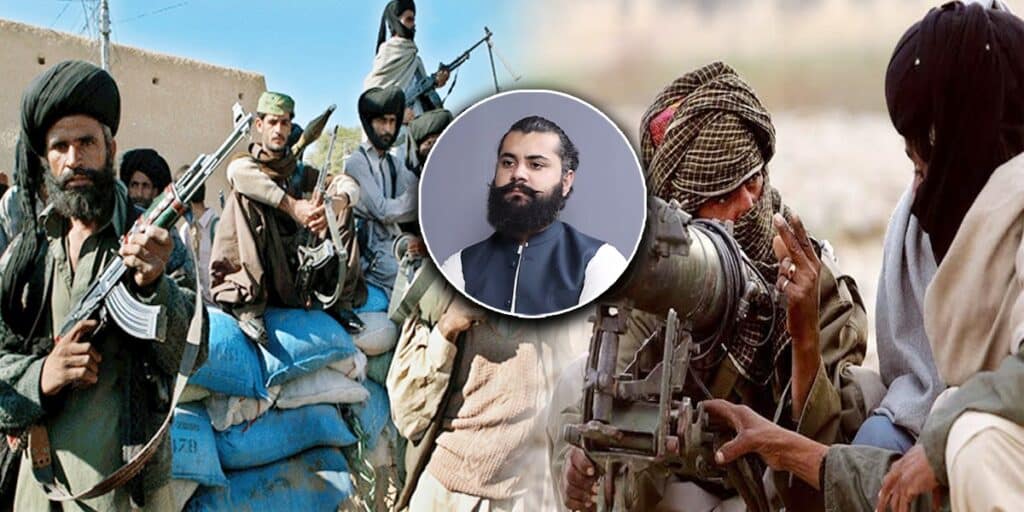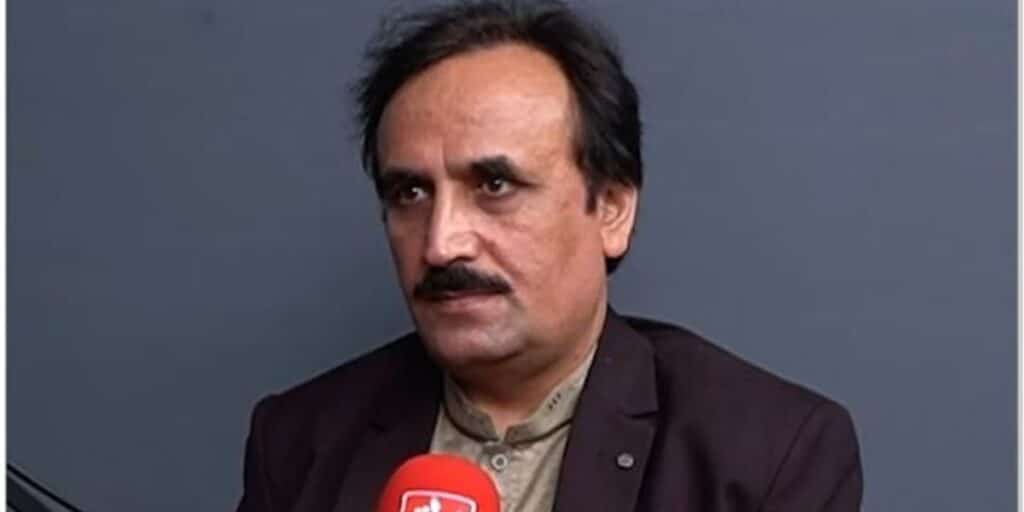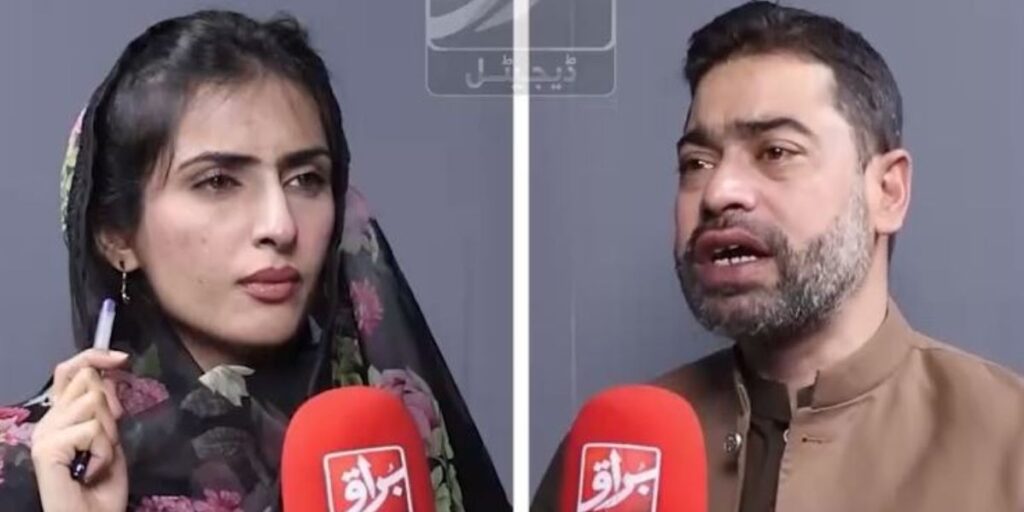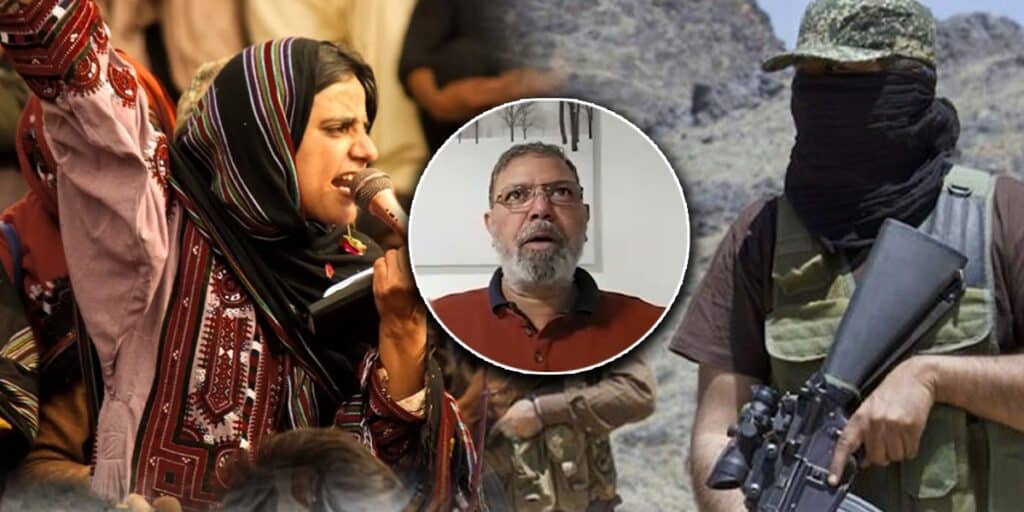By: Sardarzada Alam Khan Bizenjo
For far too long, Balochistan has been treated as a battleground—not just by insurgents hiding in the hills, but by those sitting comfortably abroad, orchestrating bloodshed under the guise of human rights and nationalism. It is time we called this what it really is: a proxy war, funded and fueled by foreign hands, with the Baloch people as its greatest victims.
We often hear international voices—some Western, some regional—championing the cause of Baloch “freedom.” They speak of missing persons, of state repression, and of rights denied. But they remain deafeningly silent when the Baloch Liberation Army (BLA) or Baloch Liberation Front (BLF) butcher our own youth, target teachers, massacre labourers, or attack women who resist their terror. The recent so-called “honour killing” in Awaran is just one example: a young girl accused of betrayal, murdered not for honor, but for breaking ranks with a terror group masquerading as a nationalist movement.
Those responsible for her death are not Baloch elders, nor are they products of our tribal traditions. They are tools—paid killers used by India’s RAW and its proxies to sow fear and fracture within our communities. The same groups crying over human rights on international platforms are silent when it comes to such brutal acts committed by their own militants.
Our tribal system, although imperfect, has long served as a source of justice and balance. But that system is now under siege—not just from insurgent groups like the BLA and BLF, but from NGOs, rights activists, and media outlets who selectively amplify only those narratives that suit their funders. When someone from within the community dares to speak out against terrorism or exposes the Baloch Youth Council’s double standards, they are either silenced or labeled traitors.
Let us be clear: the BLA and its splinter groups do not represent the Baloch cause. They are criminal syndicates, extorting money, disrupting CPEC, and ensuring Balochistan remains unstable and underdeveloped. And while these groups claim to speak for the Baloch people, their leaders live in comfort abroad—enjoying asylum, funding, and airtime—while poor Baloch families continue to suffer violence and economic deprivation.
There is no denying that the issue of missing persons is real. But it is also being exploited. We must ask: how many of the “missing” have joined insurgent groups? How many are in Afghanistan, trained and funded by India’s proxy network? Why do their families not speak about the crimes their sons commit while hiding in the mountains? When these militants plant bombs or assassinate teachers, should the state not act?
Balochistan’s problem is not just militancy—it is a failure of local governance. Corruption, nepotism, and political paralysis have left many districts in ruins. The state must take this seriously, but so must we. Those who claim leadership in the name of Baloch identity must first clean their own ranks and cut off ties with foreign handlers. No struggle for justice can succeed if it relies on terror and lies.
The people of Balochistan deserve peace, prosperity, and dignity. But we will never achieve that by remaining silent about those who exploit our suffering for their own agendas. It’s time to unmask the double game—and to reclaim our land, our narrative, and our future.





